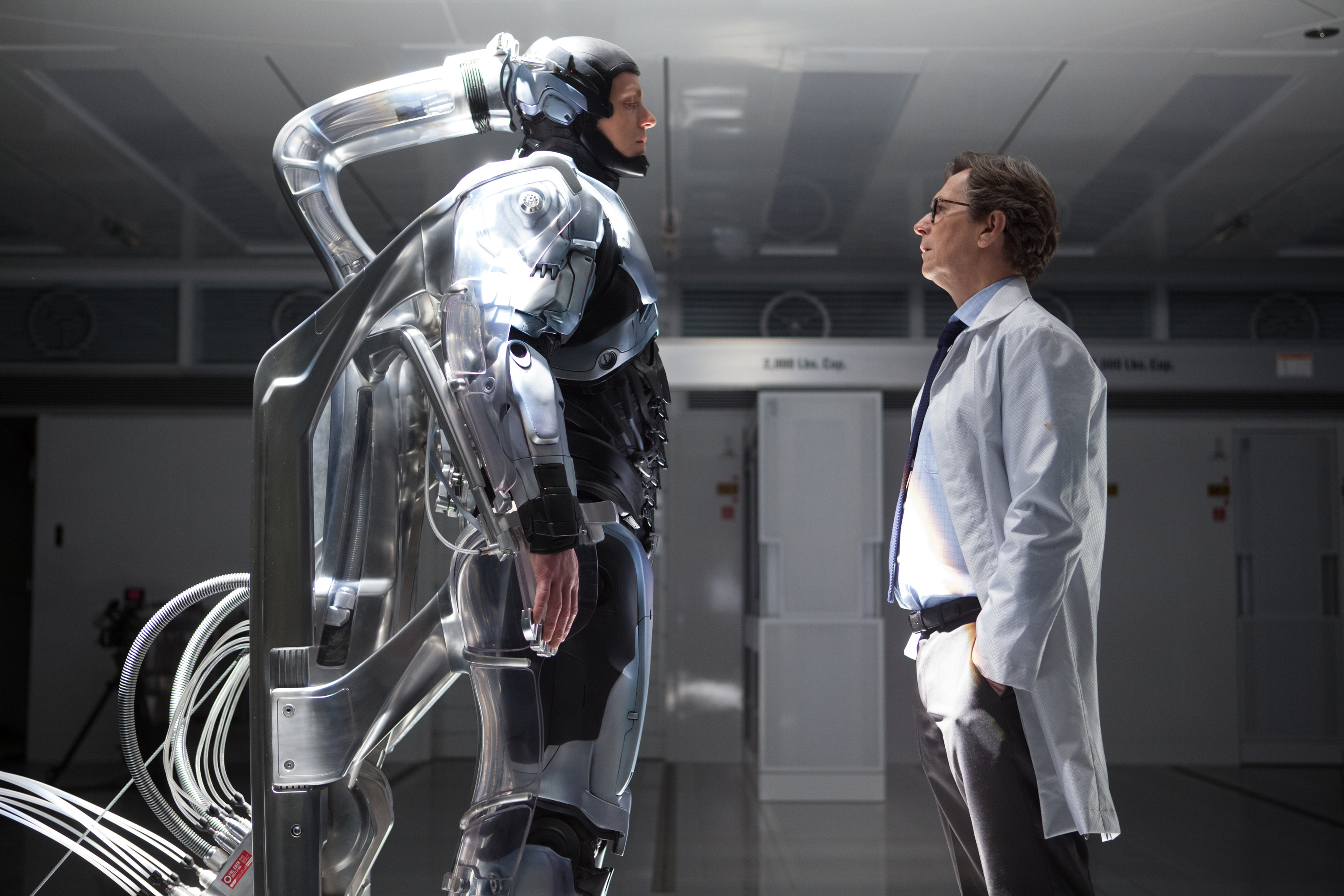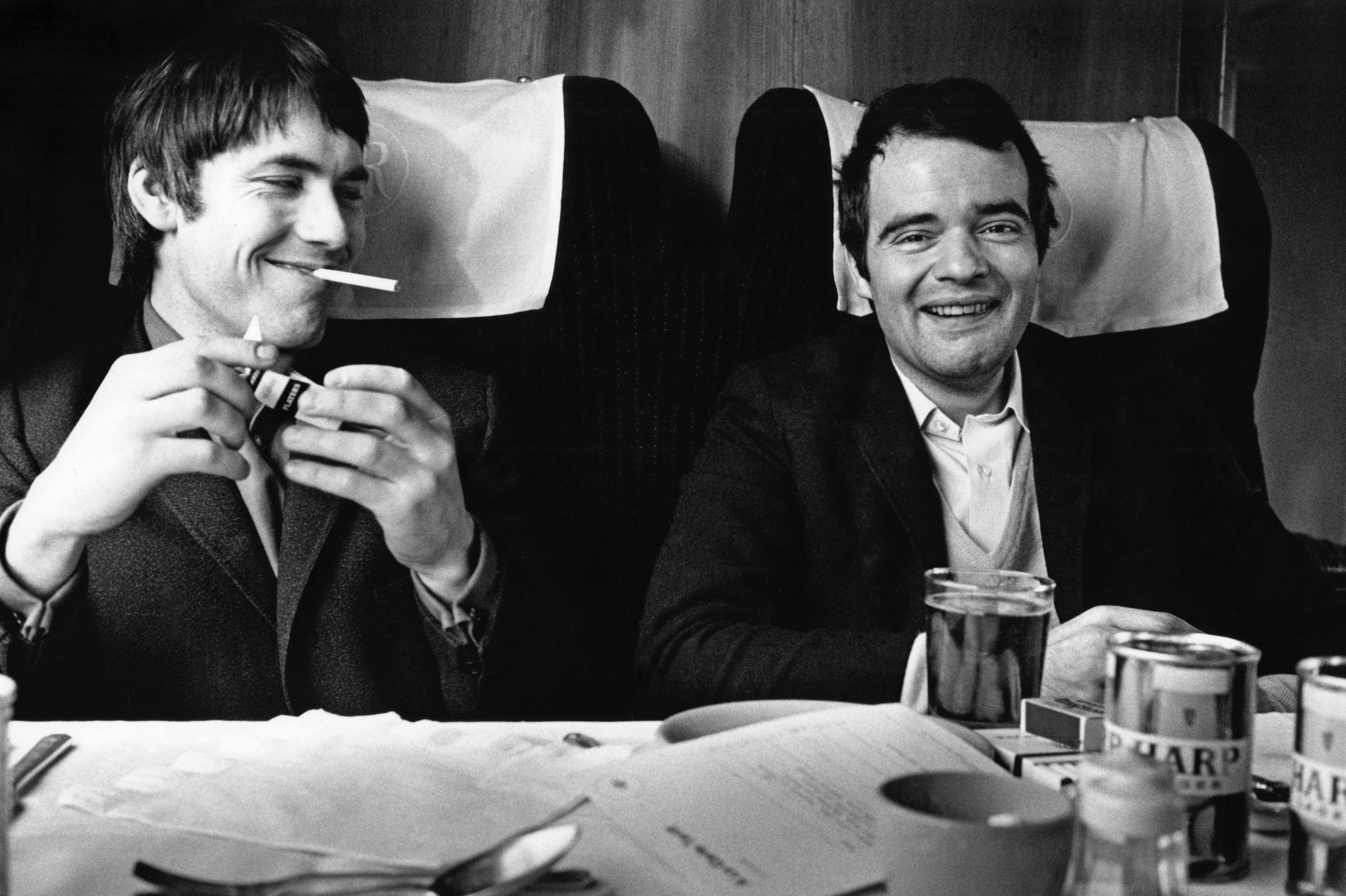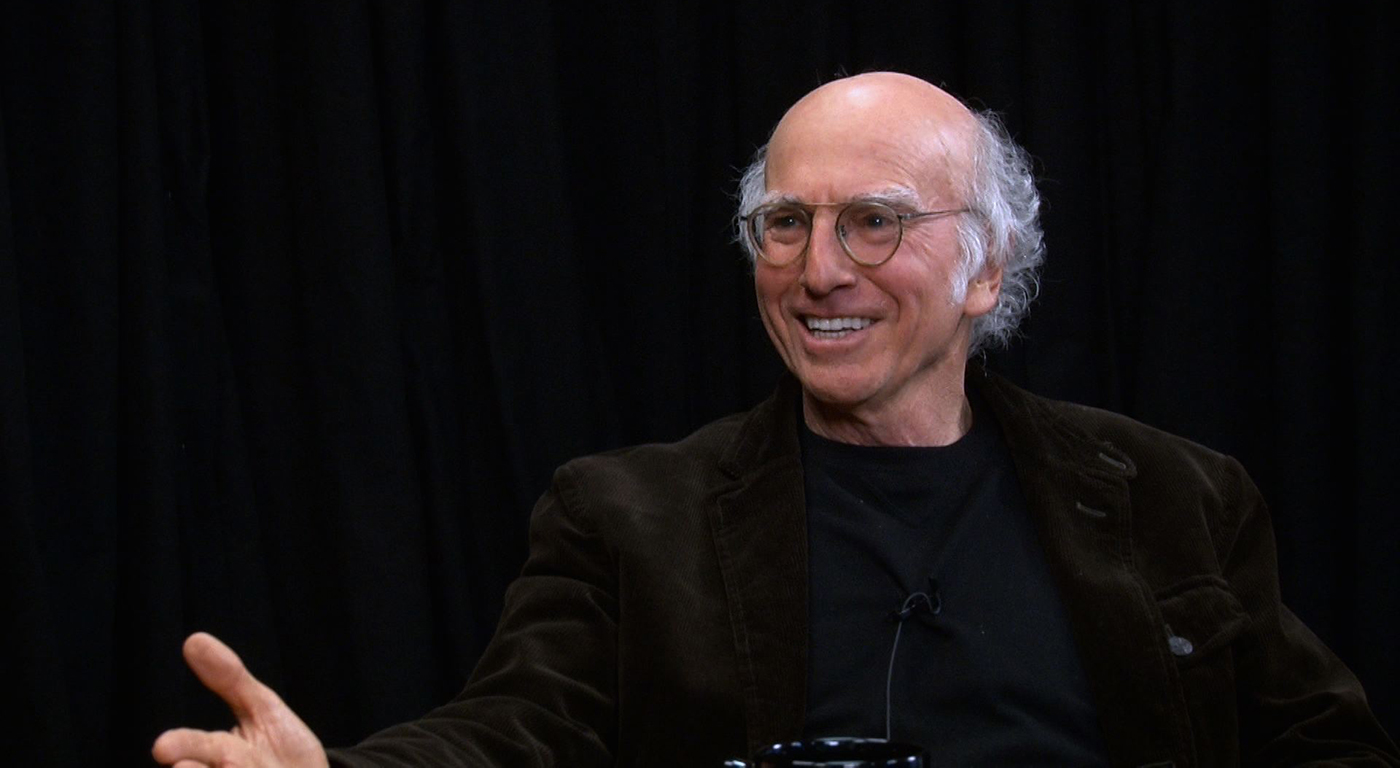RoboCop
Opens Wed., Feb. 12 at Pacific Place and other theaters. Rated PG-13. 121 minutes.
The 1987 RoboCop was a perversely violent, savagely smart, and wickedly funny science-fiction action blast, laced with political and social satire. Twenty-five years later, it seems more prescient than ever, which puts the onus on this new RoboCop to justify itself: Just what does it have to say about a world where unmanned military drones are being drafted into stateside police work?
Give the film’s producers credit for drafting Jose Padilha, a Brazilian director who delivered both gritty, high-tension action and savvy social drama in Elite Squad. You get an idea where this movie might’ve gone in its unsettling prologue, as an American robot force patrols the streets of Tehran circa 2028. This foreign occupation looks like an invasion by the Cylons of Battlestar Galactica. Padilha gives the sequence an ominous edge: Civil rights count for little, especially for robot manufacturer OmniCorp; yet soon a cable-news ringmaster (Samuel L. Jackson) is campaigning to bring the robot army home to fight crime. That’s as satirical as the film gets.
The rest of the movie focuses on the man in the suit. Joel Kinnaman, the Swedish-born star of the Seattle-set cable series The Killing, straddles streetwise attitude and suburban blandness as Detroit cop and family man Alex Murphy. Mortally wounded in an ambush, he’s rebuilt with military robotics as an urban assault weapon by OmniCorp, which hopes to profit from a mechanical police force. The company’s compromise is a bionic hybrid controlled by human conscience, and Mecha-Murphy is its sales pitch. However, OmniCorp systematically suppresses the human element with software and creative chemistry to better control its brand. (Gary Oldman plays OmniCorp’s complicit but guilt-ridden head scientist.)
So we have a battle between the human spirit and an operating system offering “the illusion of free will”—a metaphor for a sheepish, media-driven America that’s rife with possibility but here lacking much conviction. For a city of rampant crime, future Detroit looks better than today’s counterpart, and all the corruption boils down to standard-issue greed. Still, this is a slick piece of filmmaking, with suitably impressive effects and a lot of explosive bang for a PG-13 product. (Paul Verhoeven’s original was emphatically R.) Kinnaman sells his character with impressive body language, and Michael Keaton is despicably good as OmniCorp’s instinctively disingenuous CEO. But in a struggle between man and machine, this RoboCop is lacking in personality.
film@seattleweekly.com







